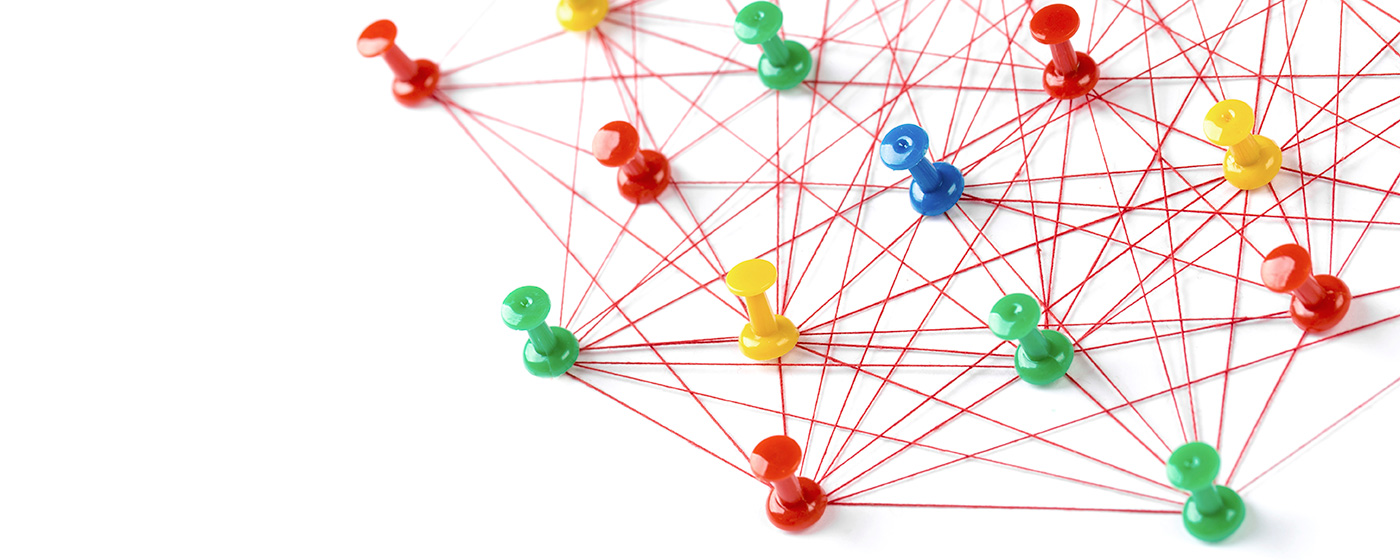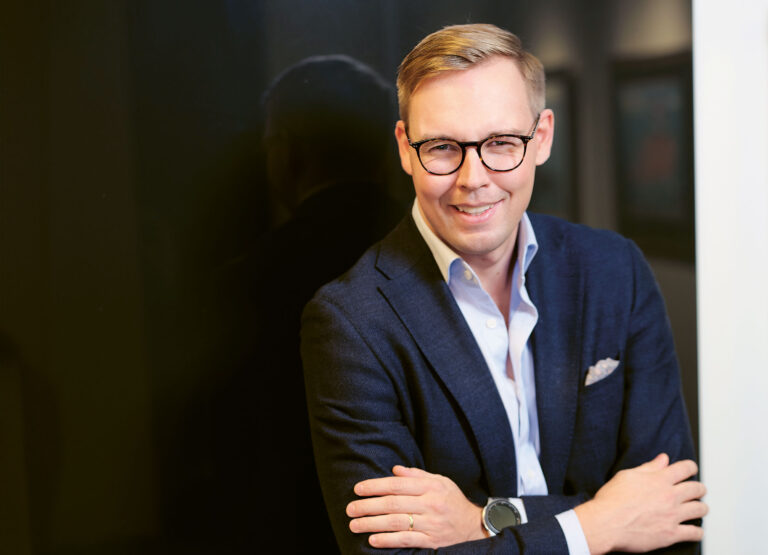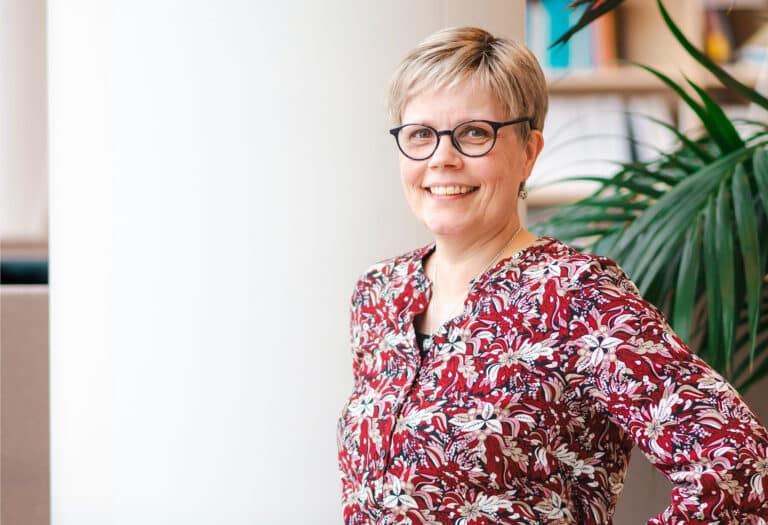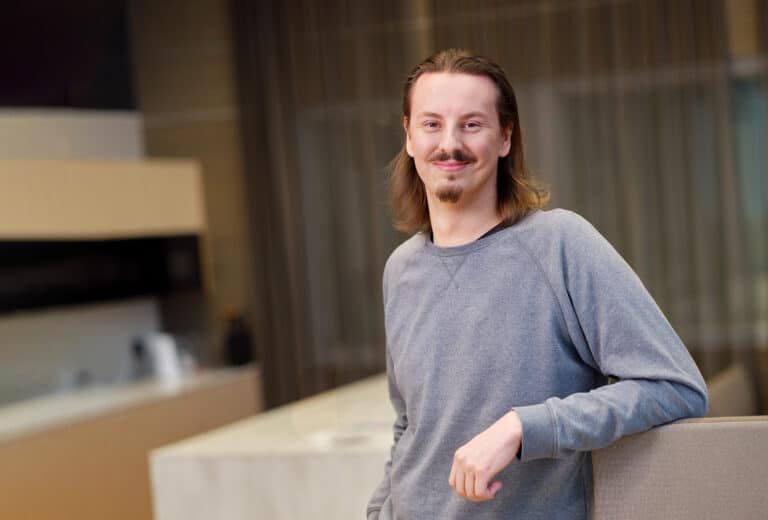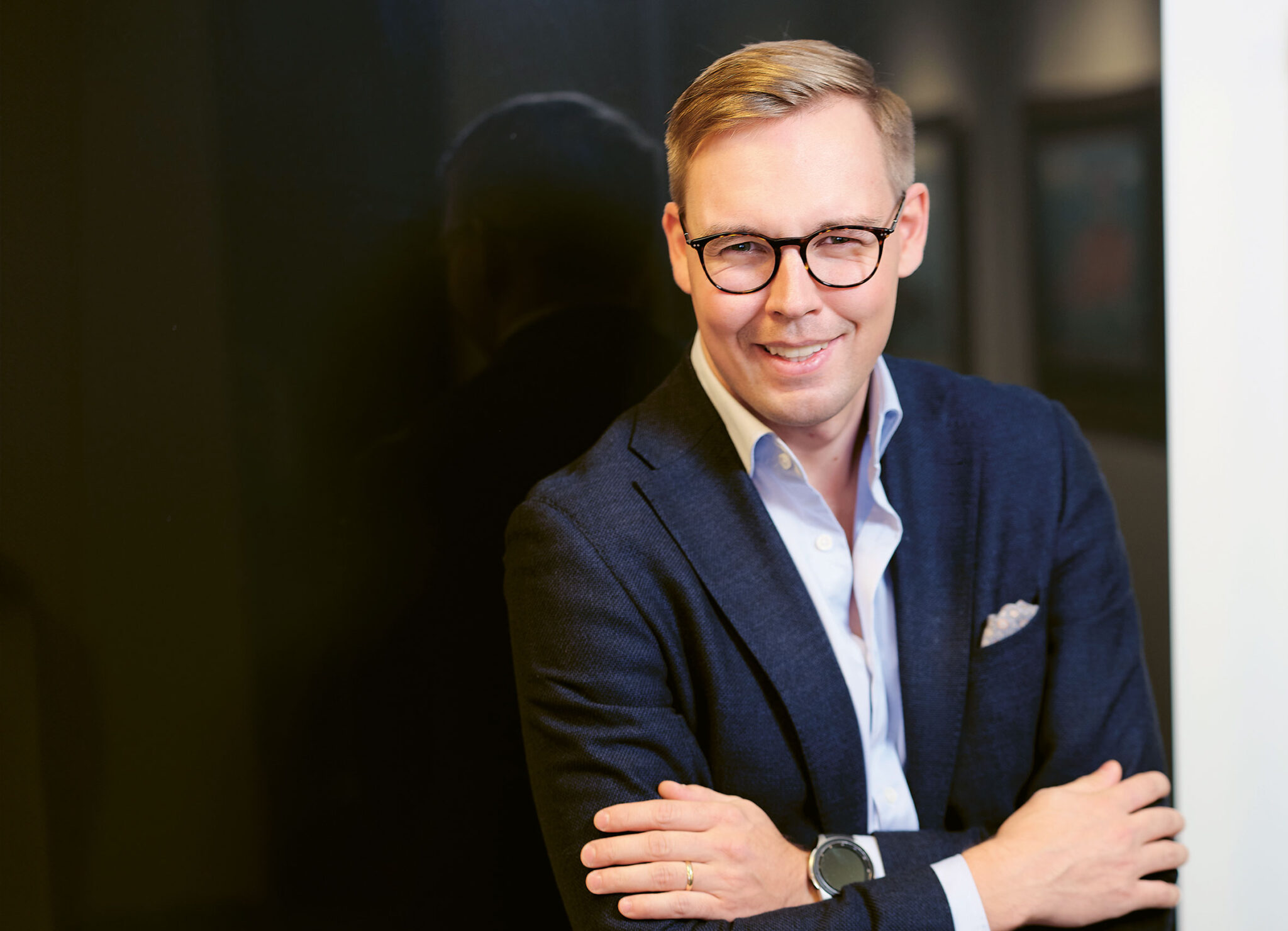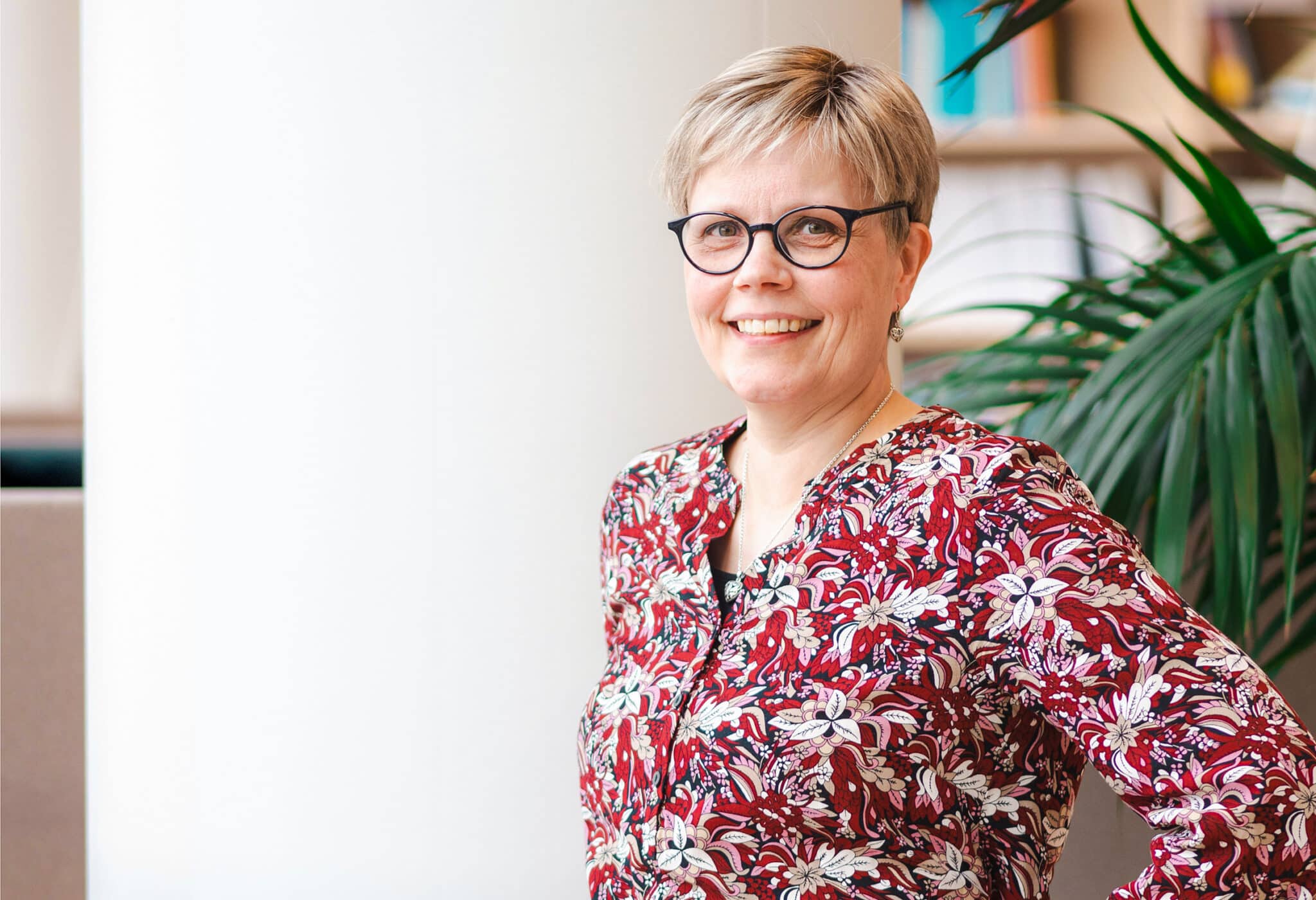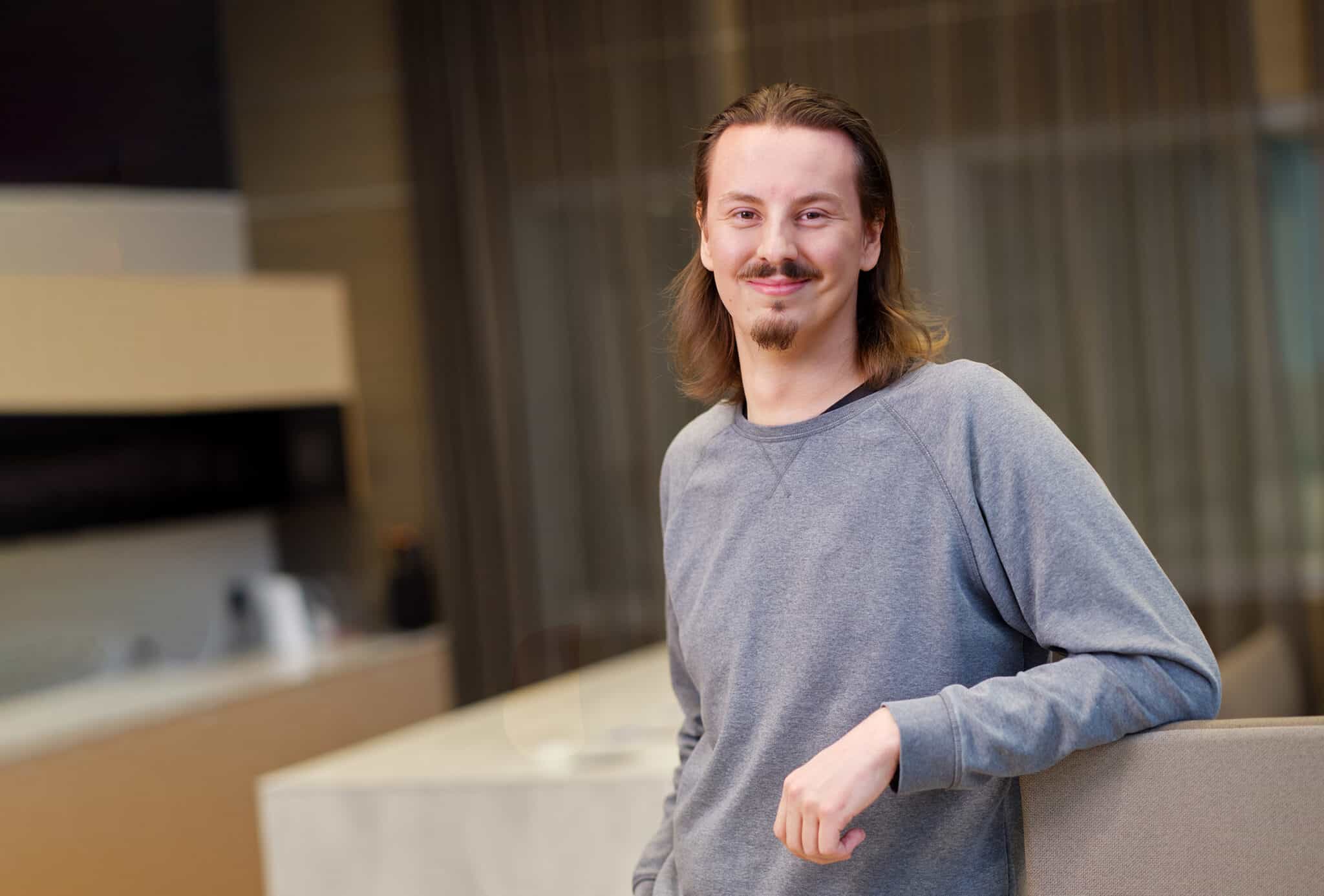It is essential for different stakeholders to work more closely together as new actors and challenges begin to make their presence felt in national, Nordic and European energy markets. Solutions in the energy sector will be more closely intertwined, and it will not be sensible to go it alone.
When the objective is to address people’s needs by providing reliable electricity transmission and functioning electricity markets, it is crucial to approach stakeholders in the right place at the right time and to listen to what they have to say.
“By planning and acting together, we can drive things forwards. It is important for every stakeholder to understand the direction in which the sector is heading and how decisions and solutions will affect each party’s operations,” says Jussi Jyrinsalo, Senior Vice President at Fingrid.
By way of example, Fingrid has published its vision for the long-term development needs of the main grid and the associated solutions. The vision is based on four different scenarios that describe trends in the structure of electricity generation and consumption.
“We hope that our long-term scenarios will inspire our stakeholders to engage in open dialogue about the opportunities that the future could bring for different parties,” Jussi Jyrinsalo says.
Standing out through customer orientation
Fingrid has several different external stakeholders, each with their own expectations for collaboration. In addition to main grid planning and services, Jussi Jyrinsalo is responsible for Fingrid’s customer relationships. The company works with its customers in many different ways.

Customer orientation is a part of Fingrid’s strategy and a way for Fingrid to differentiate itself from other transmission system operators.
“Personal or business-to-business meetings are naturally the most effective way of keeping in touch with customers. The coronavirus pandemic has forced us to switch to online interaction tools to ensure that everyone remains safe and healthy. This has had the effect of speeding up communications, especially in international relations,” says Jyrinsalo.
Fingrid has arranged annual Fingrid Current events for its customers, as well as several other events related to development projects on the grid and in electricity markets. During these exceptional times, they have been held in the form of webinars, which has had the effect of making it easier to attend events, even at short notice.
Customer committees are another important form of collaboration. There are currently three such committees: the Advisory Committee , the Market Committee and the Grid Committee.
“Fingrid’s committees are advisory organs that form a link between Fingrid and representatives of its various customer groups, which include electricity generators, distributors, consumers, retailers and other electricity market operators. The committees give their views on Fingrid’s operations and the services it offers to customers,” Jyrinsalo says.
The committees have 12 members, and they meet four times per year.
“Active collaboration with customers promotes the market-based development of the power system. Ensuring the market-based approach benefits customers and the national economy and enables the cost-effective transition to a clean electricity system,” Jyrinsalo says.
Balancing obligations and customer orientation
As a national transmission system operator, Fingrid has many other stakeholders besides its customers, and it is essential to engage in regular discussions with these stakeholders. Fingrid is actively involved in preparing and implementing European network codes in collaboration with European and national authorities, as well as other transmission system operators.
Decisions on European network codes and regional market rules materially affect the electricity market and customers.
“In terms of communications, we have a demanding role to play, as we are tasked with the practical implementation of numerous obligations applying to customers while also operating in a customer-oriented way. We need to be able to balance our official capacity with our customer service role,” Jussi Jyrinsalo says.
Cooperation with Finnish political influencers and authorities is essential, as the goal is to develop a power system that enables Finland’s climate-neutrality target to be achieved and a market-based balance to be maintained.
“Financiers, credit rating agencies and owners expect us to plan the company’s finances, investments, risk management and financing over the long term. Our decision-making and operations must be based on correct and up-to-date information with the aim of ensuring efficient, productive and business activities,” Jyrinsalo says.
Contractors and service providers – a continuation of Fingrid in the field
In addition to Fingrid’s own personnel, hundreds of representatives of contractors and service providers are Fingrid’s eyes and ears in the field.
“They provide us with valuable feedback on our activities and how they affect groups such as landowners. Contractors and service providers expect fair and timely remuneration, a safe working environment and the chance to foresee future needs as part of our collaboration,” Jussi Jyrinsalo says.
Collaboration with universities and research institutions is also a key aspect of Fingrid’s stakeholder collaboration. Every year, Fingrid has approximately 50 R&D projects in progress as it seeks new innovations to enable the energy revolution. In the coming years, Fingrid’s R&D activities will focus on advanced management of power system, diverse flexibility solutions, and digitalising the electricity network in order to enhance the efficiency of operation and maintenance.
Clear goals and division of duties clarify the message
As Fingrid has a large number of stakeholders and many forms of collaboration, there is a danger of expertise and communications becoming stuck in silos. What does Fingrid do to ensure that everyone is heading in the same direction and sharing the same message?
“It is vital for the personnel to clearly internalise our objectives and strategy to work together towards a clean electricity system. It is also important for everyone to understand their own duties as a part of the organisation. We need to be able to speak the same language as our stakeholders. Landowners value a practical approach, while politicians appreciate the bigger picture,” says Jussi Jyrinsalo.
Stakeholder surveys have shown that Fingrid’s communications are functional and have been improving.
“Perhaps the biggest area for improvement is in outlining, as we are working on so many different fronts with so many details,” Jyrinsalo says

